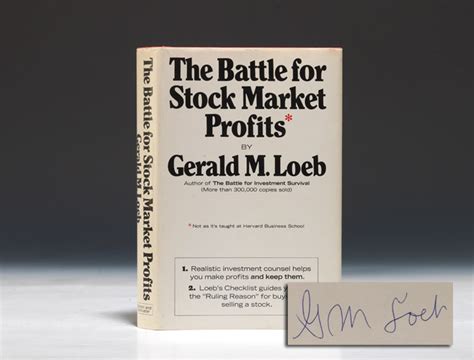A Quote by Chris Sacca
Startup investing is one of my things, but it is not my everything.
Quote Topics
Related Quotes
I've been very fortunate to be at the startup of a lot of different things. I was the startup of the Pancrase organization in Japan. Became a big figure over there. Then I was in the UFC and was at the startup of that, and I was a big figure in that. Twice. Not only in the beginning but also when it was taken over.
For a long time, I've ranted against naming your startup community 'Silicon Whatever.' Instead, I believe every startup community already has a name. The Boulder startup community is called Boulder. The L.A. startup community is called L.A. The Washington D.C. startup community is called Washington D.C.
Startup culture fosters laughter, debate, and a passionate, non-politically-correct focus on getting things done. And this startup of culture is something entrepreneurs struggle to maintain as the business grows. To ensure this environment continues, create a strong foundation and ensure everyone is on board.
































